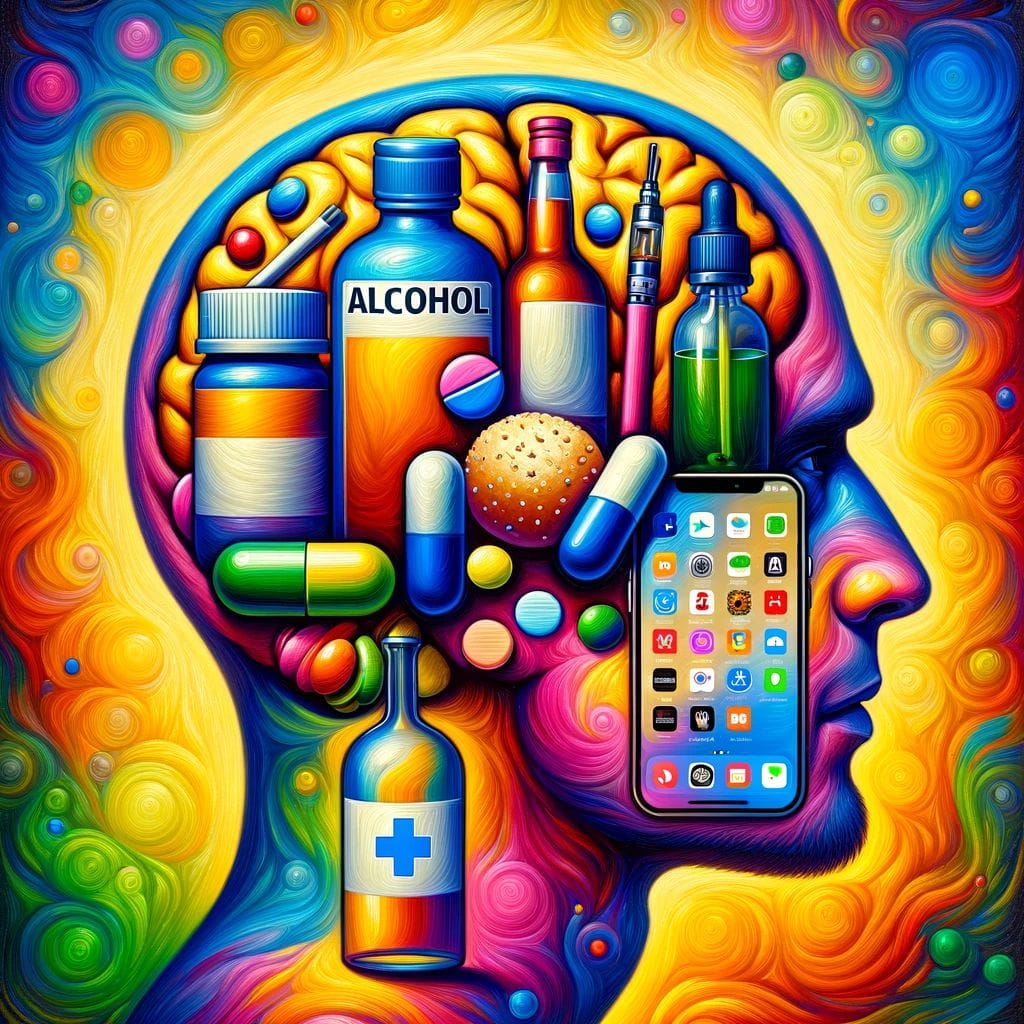Unlocking the Secrets of Addiction

Ever wondered why some things are just so hard to quit, like that cup of coffee in the morning or endlessly scrolling through your phone at night? That's the addictive power of habits at play, and it's not just about substances and routines; it's about how our brains latch onto them, driven by intricate processes involving dopamine, the 'reward' hormone, and neural pathways that reinforce our cravings. Studying addiction is relevant because it's all around us, influencing how we live, what we do, and even how we think. Our addictions are steered by cognitive and neurological processes and companies exploit these mechanisms to shape our behaviour and habits. Understanding the neurological foundations of habit formation, including the role of neurotransmitters in reinforcing addictive behaviors, gives us greater influence over our actions so that we can make more intentional choices.
As we dive into this project, we'll peel back the layers on why we do what we do, turning our everyday actions into a fascinating exploration of the human brain and behavior. You won’t just be learning the theory, but also exploring the real-world implications of addiction and how it touches every aspect of our lives. We'll start by covering the theories of addiction, habits, and behavior and delve into how they are linked to the brain and dopamine release. Then, we'll design and conduct our own experiment to uncover which reward system is most addictive. Afterwards, we'll employ statistical analysis, a critical step that will allow us to sift through our data, uncovering patterns and drawing scientifically valid conclusions. This project, combining neuroscience, cognitive science and statistical analysis will demonstrate the importance of interdisciplinary approaches in modern science. [Project image is generated by DALL·E]